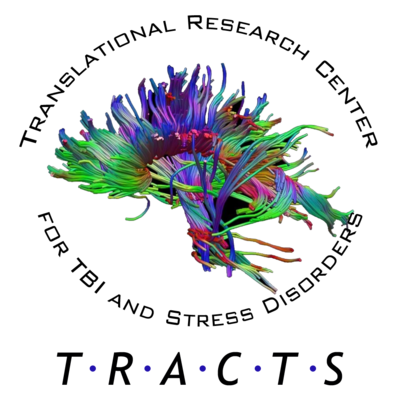Date Published:
JanAbstract:
BACKGROUND: Accumulating evidence suggests that posttraumatic stress disorder (PTSD) may accelerate cellular aging and lead to premature morbidity and neurocognitive decline. METHODS: This study evaluated associations between PTSD and DNA methylation (DNAm) age using recently developed algorithms of cellular age by Horvath (2013) and Hannum et al. (2013). These estimates reflect accelerated aging when they exceed chronological age. We also examined if accelerated cellular age manifested in degraded neural integrity, indexed via diffusion tensor imaging. RESULTS: Among 281 male and female veterans of the conflicts in Iraq and Afghanistan, DNAm age was strongly related to chronological age (rs ∼.88). Lifetime PTSD severity was associated with Hannum DNAm age estimates residualized for chronological age (β=.13, p=.032). Advanced DNAm age was associated with reduced integrity in the genu of the corpus callosum (β=-.17, p=.009) and indirectly linked to poorer working memory performance via this region (indirect β=-.05, p=.029). Horvath DNAm age estimates were not associated with PTSD or neural integrity. CONCLUSIONS: Results provide novel support for PTSD-related accelerated aging in DNAm and extend the evidence base of known DNAm age correlates to the domains of neural integrity and cognition.Notes:
1873-3360Wolf, Erika JLogue, Mark WHayes, Jasmeet PSadeh, NaomiSchichman, Steven AStone, AnnjanetteSalat, David HMilberg, WilliamMcGlinchey, ReginaMiller, Mark WCDA-2-067-10S/Intramural VA/United StatesR21 MH102834/MH/NIMH NIH HHS/United StatesR21MH102834/MH/NIMH NIH HHS/United StatesJournal ArticleResearch Support, N.I.H., ExtramuralResearch Support, U.S. Gov't, Non-P.H.S.Psychoneuroendocrinology. 2016 Jan;63:155-62. doi: 10.1016/j.psyneuen.2015.09.020. Epub 2015 Sep 30.